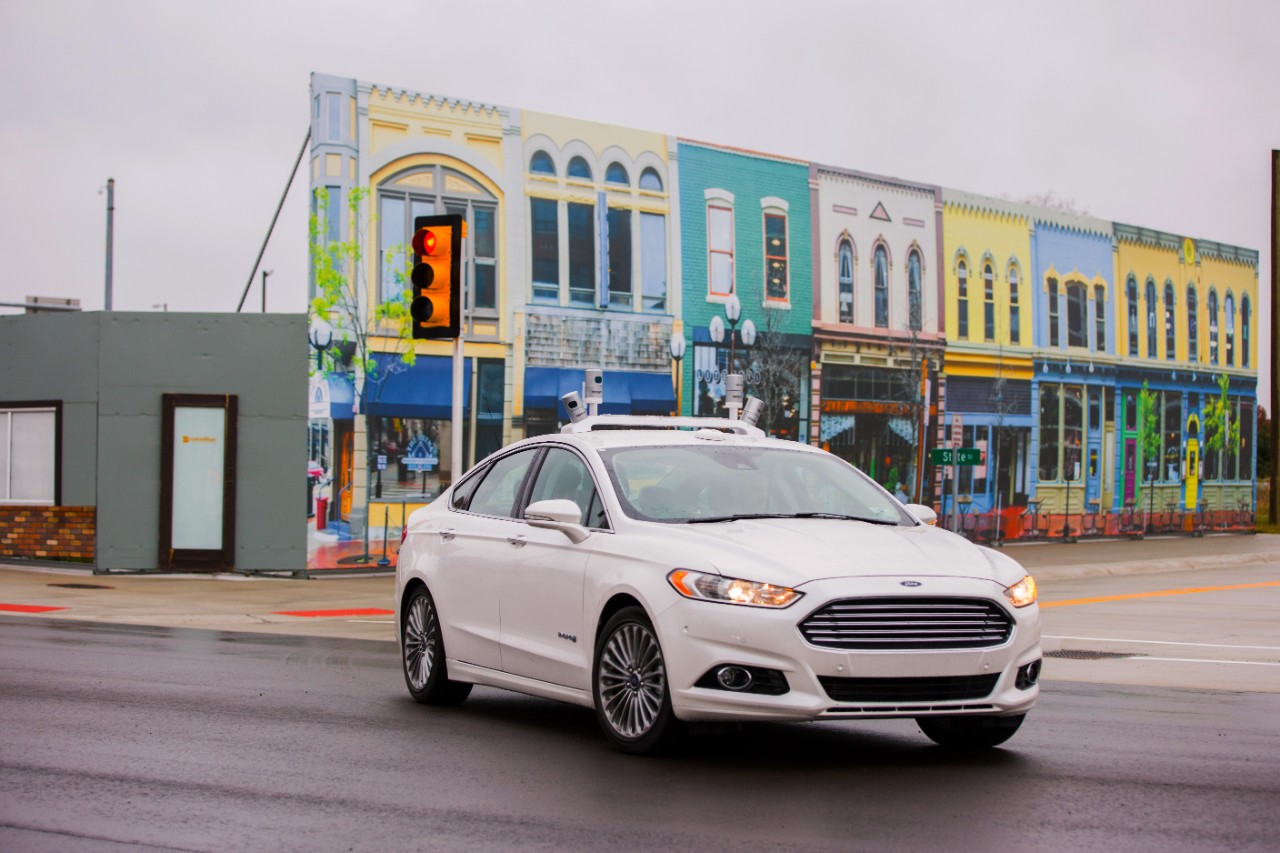

Starship Technologies is a San Francisco headquartered Estonian company that aims to transform last-mile deliveries using autonomous robots. Its engineering operations are in Tallinn and Helsinki. Starship works with many retail partners around the world, including Co-op and Tesco in the UK, Save Mart in the US, as well as independent merchants offering delivery of piping hot food/takeaways.
It recently received a EUR 50 million R&D funding from European Investment Bank that will be used for building thousands of robots at the innovation facility in Tallinn. The funding will also help Starship with robotic service expansion throughout Europe and hiring new engineering resources.
“Over a short distance, the only way to deliver on-demand goods sustainably and consistently, at low cost, is by using autonomous robots. We will continue to scale the service and expand to more neighborhoods and campuses globally,” says Alastair Westgarth, CEO, Starship Technologies in an exclusive interview with Geospatial World.
Starship’s global fleet of over 1,700 robots deliver on-demand goods sustainably and consistently, at low cost, to help alleviate the challenges associated with last-mile delivery, which is notoriously costly, inefficient, and harms the environment from excessive congestion and pollution. Since creating and defining the robot delivery category in 2014 and starting fully commercial deliveries in 2018, we continue to innovate and push the boundaries to drive the industry forward.
Till date, Starship’s robots have made more than three million commercial deliveries around the world, which is more than any other autonomous delivery provider. Most of these other providers are also still majority human controlled and in pilot mode, whereas Starship is running a fully commercial service with the robots completing multiple deliveries in a row 100% autonomously.
The benefits of autonomous delivery for the logistics industry are clear from both an efficiency and environmental perspective. Robotic delivery is affordable, convenient, and environmentally friendly, enabling services to be deployed at a fraction of the cost and with no-hassle for the customer. More and more people are realizing that fossil fuel-powered vans and other vehicles, which are a notorious source of CO2 emissions and other harmful pollutants, cannot be the way forward.
Additionally, we believe that fast, short distance (for example within 30 minutes in a three to five kilometer radius) low basket value deliveries cannot be done economically by people on a consistent basis.
In the traditional human powered delivery industry, employees are too often badly treated, overworked, and don’t earn the legal minimum wage. This cannot be the future. The only way to deliver on-demand goods, sustainably and consistently, at low cost, is by using autonomous robots.

The robots use a combination of sensors, Artificial Intelligence (AI), and Machine Learning (ML) to travel on pavements/sidewalks and navigate around obstacles. Computer vision-based navigation helps the robots to map their environment to the nearest inch.
Starship can do L4 deliveries everywhere it operates — entire cities and campuses. The robots have been operating at L4 since 2018. Every day, Starship robots can complete numerous deliveries in a row 100% autonomously.
Starship is operational in many cities across the USA, the UK, Estonia, Germany, and Denmark. We provide delivery services in three main environments: local neighborhoods, college/university campuses, and industrial campuses. The local neighborhood offering (such as in Milton Keynes and Northampton in the UK, Tallinn in Estonia, and Modesto and Pleasanton in California) sees the robots deliver groceries to nearby communities.
The college/university campus offering in the US sees the robots deliver food, drink, and other items such as stationery to employees and students; while the robots also operate on industrial campuses in Germany where they provide support for operations such as automotive factories, pharmaceutical companies, and hospitals.
We are always looking at new locations to expand the service, including multiple cities in both the US and Europe, as well as university campuses in the US.
In the traditional human powered delivery industry, employees are too often badly treated, overworked, and don't earn the legal minimum wage. This cannot be the future.
Starship’s robots operate in local neighborhoods and campuses where it is practically a lot easier and cheaper to get a delivery in a two or three-mile radius within 30 minutes by using the pavement rather than by air, where the safety requirements and regulations are quite complex.
Drones still have a part to play, but they are more beneficial in less populated and remote environments, such as travelling over mountains or similar terrain, where using a robot or any other mode is almost impractical. Indeed, we anticipate that last-mile delivery will inevitably continue to evolve and be multi-modal; there is not one type of autonomous delivery that will be able to meet all needs all the time.




MCity is a full-scale simulated environment designed to mimic real-world driving scenarios.
Pictometry International Corp., the provider of digital, aerial oblique imagery and measuring software recently announced that it will be hosting its first Annual User Conference at the Orlando Hilton in
© Geospatial Media and Communications. All Rights Reserved.